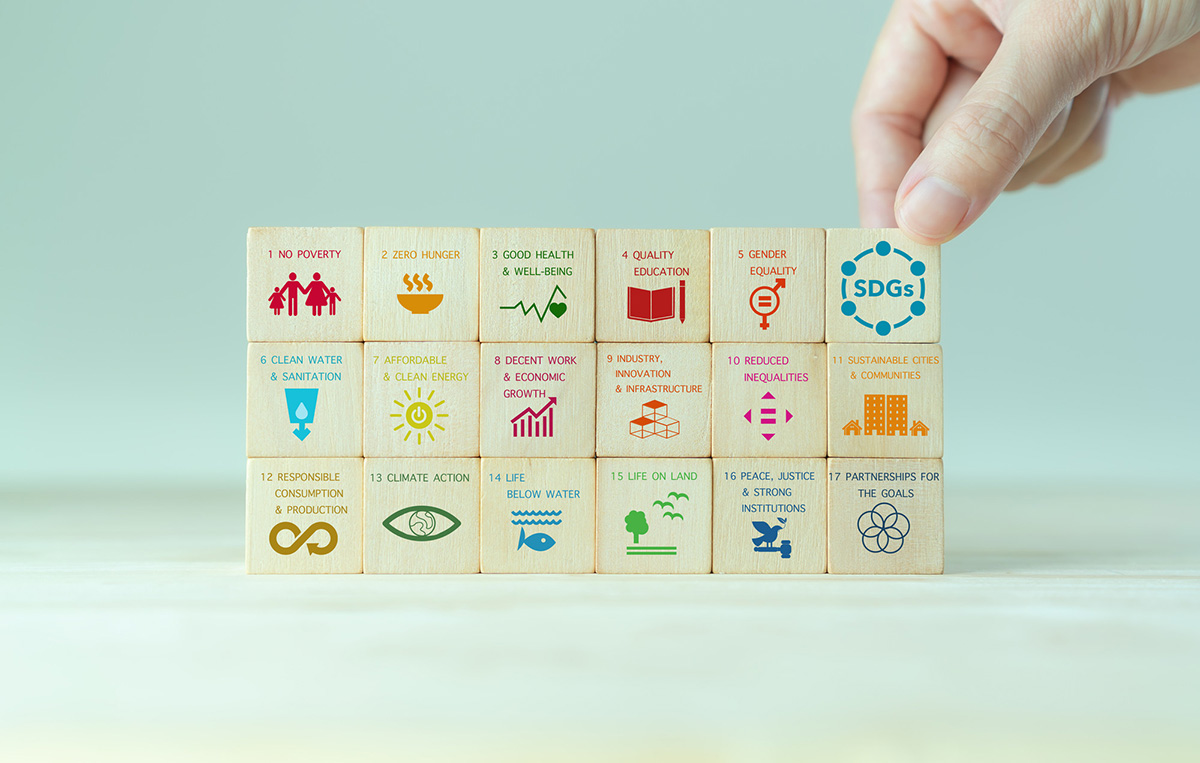Two weeks after a Texas judge stirred controversy by banning a popular US abortion pill, WHO’s Director General has explicitly re-affirmed the organization’s support for abortion rights, stating that “women should always have the right to choose when it comes to their bodies and their health”.
Dr Tedros Adhanom Ghebreyesus’ comments came just a day before the US Supreme Court is set to decide whether to suspend the judge’s ruling and maintain full access to the abortion drug, mifepristone, while the case is appealed. The case will be the court’s most significant consideration of abortion rights since its landmark ruling last June overturning the 1973 decision of Roe v. Wade, guaranteeing abortion rights nationally.
Speaking at a Tuesday press briefing, Dr Tedros Adhanom Ghebreyesus also called on Afghanistan’s Taliban regime to reconsider their ban on Afghan women working with UN agencies to deliver vital health services.
Echoing a recent statement by UN Secretary General Antonio Guterres that the ban is a “violation of the fundamental human rights of women”, Tedros said: “Female staff members and health workers are essential for delivering lifesaving and services to those in need. I call on the Taliban to rethink a decision that will massively reduce access to health services and only harm the Afghan people”.
On 4 April, 2023, Taliban banned women from working in UN offices in Afghanistan. UN officials have initiated a period of operational review in Afghanistan till 5 May, 2023 and have reportedly warned that the organization may choose to halt all operations in the country if the ban is not rescinded. The Taliban move follows on a December 2022 decision banning women from working in NGOs across Afghanistan.
DG articulates longstanding WHO abortion rights policy
In commenting on the US abortion controversy, now before the US Supreme Court, Tedros protested attempts by politicians and courts to curtail women’s right to access safe abortions.
“WHO is concerned that the right of women to access safe abortion services, including through use of medical abortion medicines, are being limited by legislators and or courts. To be clear on WHO’s position, women should always have the right to choose when it comes to their bodies and their health,” Tedros said.
“Restricting access to abortion does not reduce the number of procedures and only drives women and girls towards unsafe ones and also death. Ultimately, access to safe abortion is healthcare that saves lives.”
Tedros was, in fact, repeating a longstanding WHO position on abortion rights, which is articulated on its Health Topics page, which states:
“Ensuring that women and girls have access to abortion care that is evidence-based – which includes being safe, respectful and non-discriminatory – is fundamental to meeting the Sustainable Development Goals (SDGs) relating to good health and well-being (SDG3) and gender equality (SDG5).”
Even so, it was the first time in several years that the WHO DG had taken such an explicitly public position on the charged issue. Far milder language supporting women’s right to access sexual and reproductive health services was often hotly opposed by the previous US administration of President Donald Trump in a number of UN fora, including the World Health Assembly, because it was presumed to include abortion services.
Response to controversy sweeping the United States
WHO’s statement came in response to a ruling by the Texas judge Thomas Rice on 7 April that the Food and Drug Administration (FDA) had erred by approving the abortion pill, mifepristone.
Rice’s ruling not only threw into question the legal status of the pill used for 54% of US abortions, but also the longstanding authority of the FDA to determine what drugs are safe and authorized to use – or not – nationwide.
On 12 April, 2023, a partial stay was granted on the Rice’s decision, after the drug’s manufacturer Danco Laboratories, the FDA and the US Department of Health and Human Services (HHS) appealed. The partial stay allowed mifepristone to be available to women pregnant for seven weeks or less, but only with a doctor’s prescription delivered in person. That was in contrast to more recent FDA rulings that women can safely use the drug in pregnancies up to ten weeks, and may also access the drug via the post.
On 14 April, 2023, the Supreme Court issued a temporary hold on the original decision until 19 April, 2023; the Court is preparing to reconsider the Texas court’s ruling, at the request of the US HHS for an emergency intervention.
16 confirmed, 23 probable Marburg cases
Meanwhile, the number of cases of Marburg virus disease in Equatorial Guinea has increased to 16 confirmed and 23 more probable cases with 11 deaths, WHO officials also reported at the briefing.
That’s more triple the number of confirmed and probable cases that were last reported on 30 March,when Equatorial Guinea announced a total of 13 people had been infected. Two more people have also succumbed to the disease, bringing the death count to 11 since the outbreak began in February.
Bata, a port city in Equatorial Guinea’s Litoral district, is the most affected area with nine cases, WHO officials said at the briefing.
But they pushed back on reporters’ suggestions that travel restrictions might be necessary to contain disease spread.
“It’s not the time for travel restrictions. It has not helped the world. It just harms those countries who are doing the right thing, struggling [against] these macroeconomic challenges the whole world is facing,” said Dr Abdi Rahman Mahamud, director of WHO’s Alert and Response Coordination Department.
“A few countries have screening, which has some rationale, and we received the update on that, but it’s not the time for travel restrictions,” he added, saying that “WHO is very clear” in its opposition.
Mahamud added that Equatorial Guinea has also learnt a lot from its COVID-19 experience and has established a “good, robust” response to the Marburg outbreak.
Combat the infodemic in health information and support health policy reporting from the global South. Our growing network of journalists in Africa, Asia, Geneva and New York connect the dots between regional realities and the big global debates, with evidence-based, open access news and analysis. To make a personal or organisational contribution click here on PayPal.
Credit:Source link



